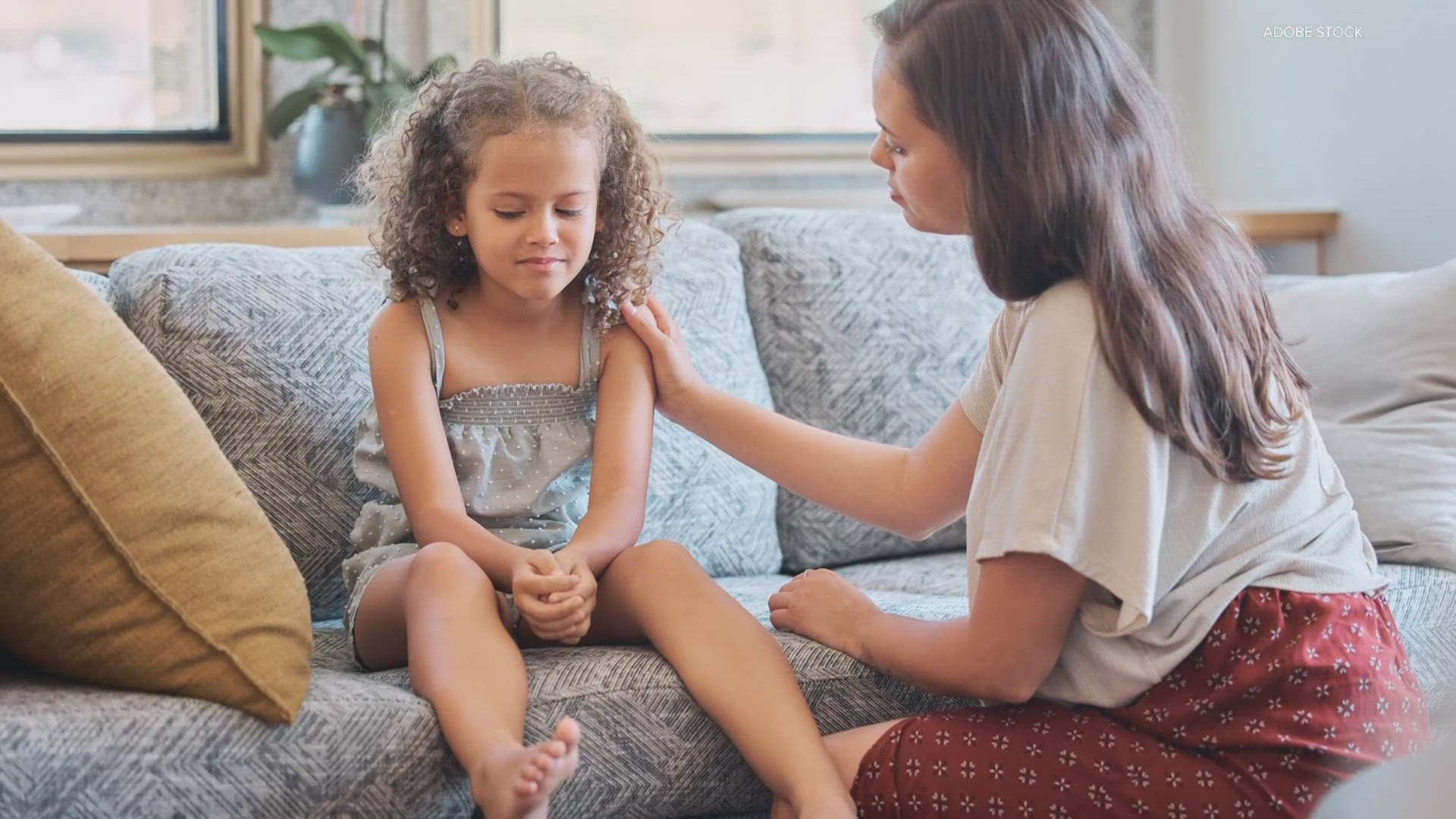INDIANAPOLIS — There are so many qualities that parents want their children to have, and one that almost always makes the top of that list is kindness.
WTHR's Matthew Fultz spoke with WTHR Education Expert Jennifer Brinker from Greenwood Middle School for tips on increasing kindness.
Matthew Fultz: Mrs. Brinker, other than modeling that behavior and being kind yourself, how do you instill kindness into kids?
Mrs. Brinker: Well that first step is definitely being a good role model yourself. The next thing I would encourage though is to explain the concept of kindness. One very easy way to explain what being kind is is saying that being kind is about making others feel happy, safe, and appreciated. You can also read books and stories to your little one about kindness and the importance of being empathetic.
Matthew Fultz: You mention empathy, what is the best way to teach about empathy?
Mrs. Brinker: Again, just have frequent discussions. I am seeing more and more in schools that kids are coming to us not understanding how their actions affect those around them. Let’s be honest, I think we all are seeing grownups who could use a lesson on empathy too! Talk to your child about how they think others feel in particular situations. A great way to do this is through TV shows and movies. Watch a movie like "Finding Nemo." Pause it and talk about how Nemo feels when the other kids are asking what’s wrong with his fin. Watch "The Grinch" and talk about how everyone must feel when their presents are stolen. There are endless options here. When they hurt someone, explain how their actions are connected to those emotions.
Matthew Fultz: What is the best way to handle it when a child is unkind to someone else?
Mrs. Brinker: Again, I think that is an opportunity to teach empathy. I feel that if more kids could understand that their actions had a negative impact on someone or could have a negative impact, they are unlikely to do it. Do not let rudeness pass. Try and use “when you, I feel, because statements." When you talk over me, I feel frustrated because it seems like you don’t respect me. That helps the child to understand how their actions affect others.
Matthew Fultz: Any final advice on helping kids be kind?
Mrs. Brinker: I think you just have to foster a kind environment. Recognize it when it happens and praise it. Regularly seek out opportunities to display kindness towards others. Be clear with your expectations for how others will be treated. And last but not least, practice gratitude and discuss thankfulness often.

